Frequently Asked Questions on Duct Cleaning Equipment
Have any other questions? Contact us by form or telephone and we will be happy to help!
Rotary Brush Machines
-
Which is the most popular rotary brush machine?
The Special Cleaner 25 is a highly popular piece of equipment for companies who carry out duct cleaning works on kitchen extract LEV systems. This kitchen extraction cleaning machine possesses sufficient torque to remove hardened grease and the integrated air-line works well for foam application and rinsing of the ductwork. The machine is very versatile and is also widely used for dust removal works on medium and large sized ductwork above 300mm in size.
On a global scale the Special Cleaner 20 is probably Lifa Air‘s most successful unit, used for dust removal on projects in all corners of the world. This unit combines portability and reliability with performance, it’s capable is flexible and good at passing changes of direction in small ductwork. The shaft is flexible, but this makes it less suitable for grease removal projects.
Lifa Air Special Cleaner 25 rotary brush machine -
How do you maintain a Lifa Air system?
Lifa Air duct cleaning equipment is surprisingly easy to maintain and will give many years of trouble-free service. A few simple procedures will keep your equipment reliable and in good condition, such as lubrication of the rotating brush connection. -
Can a rotary brush machine clean carbonised grease deposits?
Thick carbonised grease can be cleaned with a rotary brush machine but the correct brush type must be used. If grease is thick then aggressive metal razor or chopper brushes must be used to break through grease, releasing it from the ductwork. Nylon and Tynex material brushes will have little effect on thick grease types so it is important to select the right brush type for the job. Brushes must also be correctly sized to suit the ductwork and ensure they work correctly. Download our brush selection guide here. -
What is the difference between Combi Cleaner, Special Cleaner and Hydmaster rotary brush machines?
The Combi Cleaner machines have pneumatic motors, meaning they require compressed air to operate. The advantage of compressed air is that the machines are lighter in weight and the cables of the machines are more flexible. The disadvantage of these units is that the compressors used to power them may be noisy, a high volume of air is needed for them to operate at full capability. Two single phase compressors, or one large three phase compressor will be needed to power the machines to 100% power.
Special Cleaner machines have an electric motor on the unit. This makes them heavier than the Combi Cleaner units but they are quieter to operate and do not require compressed air to rotate the brush head. These units are popular because they are easy to use and quick to set up.
The Hydmaster has a hydraulic motor, this is far heavier than the motor on the special cleaner machines but it provides far more power, almost twice the power of the special cleaner units.
-
Do units come with CCTV for filming of ductwork cleaning?
CCTV equipment is not built-in to Lifa Air rotary brush machines. This increases reliability as CCTV equipment can easily breakdown during the brushing process. During cleaning of kitchen LEV systems sight is often impaired by loosened grease and foam. If CCTV inspection is needed to evidence compliance with TR19 it is wiser to do this before and after the brushing process using equipment such as the Lifa Air DC Mini.




